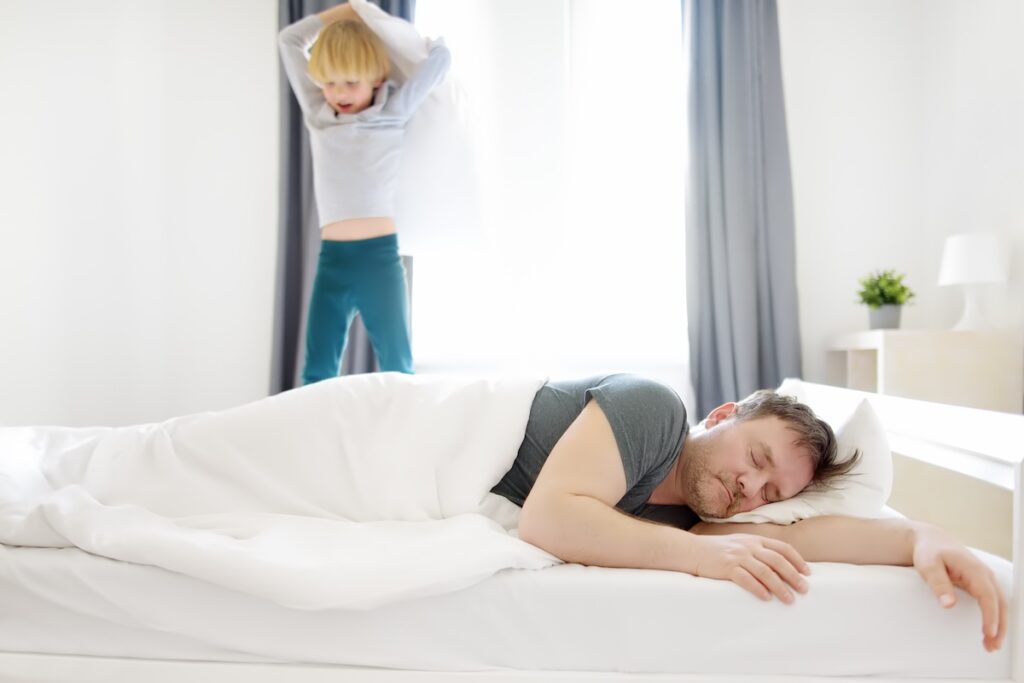Hormone Management
Take control of your energy, strength and more with our hormone management programs.
How does the hormone management program work?
Bioidentical Hormone Replacement Therapy (BHRT) uses hormones that are chemically identical to those naturally produced by your body. These hormones closely mimic your body’s own, allowing them to be absorbed more efficiently into the bloodstream with fewer side effects. As a result, BHRT is often considered to be a more natural and effective option for balancing hormones.
Pricing
Includes: review of laboratory results and discussion on best approach. Medications will be sent to compounding or commercial pharmacies. Monthly pricing will include lab workup and medications as needed sent to compounding pharmacy.
Mens $150 a month
Women’s $225 a month


After the age of 30, men’s testosterone levels generally start to decline, decreasing by about 1% each year throughout their lives. However, aging is not the sole factor contributing to low testosterone levels. Symptoms of low testosterone can include:
Weight Gain
Testosterone deficiency can lead to reduced muscle growth, making it more difficult for the body to prevent weight gain. Since lean muscle burns more calories than fat, a decrease in muscle mass can cause the body to store excess calories as fat. This accumulation of fat can result in rapid weight gain and eventually obesity, which can, in turn, further decrease testosterone levels.
Problems with Erections
Low testosterone can also lead to sexual symptoms, including a reduced sex drive and erectile dysfunction. Additionally, hormonal imbalances like Low T are often associated with chronic conditions such as high blood pressure and Type 2 diabetes, which can negatively impact circulatory health and reduce blood flow to the penis. As a result of low libido and poor circulation, men with Low T may struggle to achieve and maintain erections during sexual activity.
Change in Mood
Symptoms of low testosterone, such as weight gain and erectile dysfunction, can impact self-esteem and contribute to mood changes. Additionally, men with low T often experience elevated cortisol levels, a hormone that regulates the body’s stress response. Higher cortisol levels can lead to mood fluctuations, including irritability, depression, anxiety, and hostility.
Low or Decreased Energy Levels
Testosterone plays a key role in managing a man’s energy and physical performance. When testosterone levels are low, it can result in a significant decrease in energy, leading to fatigue and a lack of motivation. Low testosterone can also contribute to insomnia, reducing the amount of restful sleep and worsening chronic fatigue, which makes it harder to remain active throughout the day.
Hair loss or thinning
While aging and genetics are common natural causes of male pattern baldness, hormonal imbalances like low testosterone can also contribute to hair loss. Testosterone plays a key role in regulating facial and body hair growth in men, so when levels decline, hair follicles may weaken. This can lead to hair thinning or male pattern baldness. Additionally, other symptoms of low testosterone, such as weight gain and erectile dysfunction, can cause stress, which may further accelerate hair loss.
Testosterone: A sex hormone that regulates libido, muscle growth, and fertility. Women need testosterone because it plays a crucial role in maintaining overall health and well-being.
Estrogen and Progesterone: Female reproductive hormones that help regulate the menstrual cycle, fertility, and sexual development.
Thyroid Hormones: Chemical messengers that regulate metabolism and body temperature.
What is BHRT?
Bioidentical Hormone Replacement Therapy (BHRT) uses hormones that are chemically identical to those naturally produced by your body. These hormones closely mimic your body’s own, allowing them to be absorbed more efficiently into the bloodstream with fewer side effects. As a result, BHRT is often considered to be a more natural and effective option for balancing hormones.
In women, sex hormones like estrogen, progesterone, and testosterone play a crucial role in various bodily functions. When these hormones are low or imbalanced, a range of symptoms can occur, as receptors for these hormones are found throughout nearly every part of the body.
Common Hormone Deficiency Symptoms
A deficiency or imbalance in hormones such as estrogen, progesterone, testosterone, or thyroid hormones can result in a variety of symptoms, including:
- Hot Flashes
- Night Sweats
- Weight Gain
- Difficulty Losing Weight
- Mood Swings
- Difficulty Sleeping
- Difficulty Concentrating/Forgetfulness
- “Brain Fog”
- Fatigue
- Decreased Libido
- Vaginal Dryness
- Bone Density Loss
- Irregular Menstrual Cycles
- Heavy Menstrual Bleeding
- Worsening PMS
- Hair Loss
- Joint Pain
- Headaches
- Breast Tenderness
